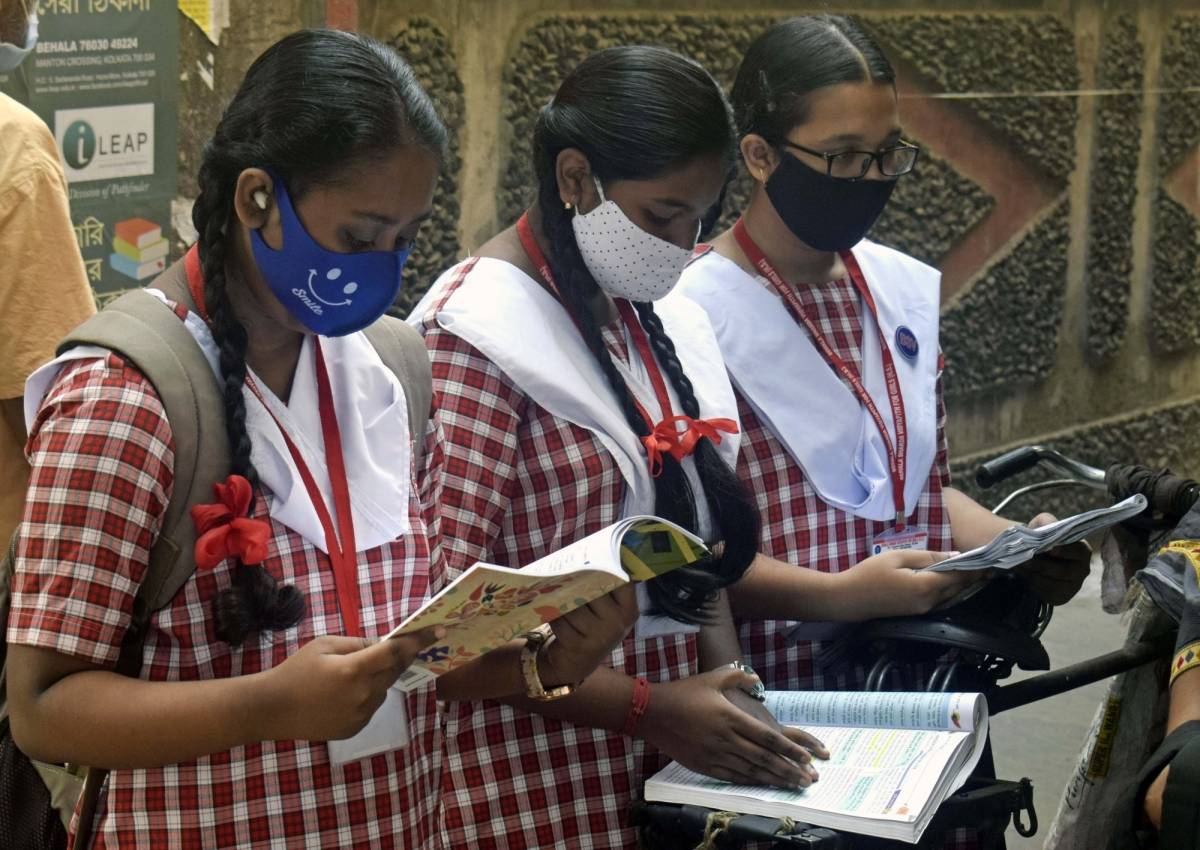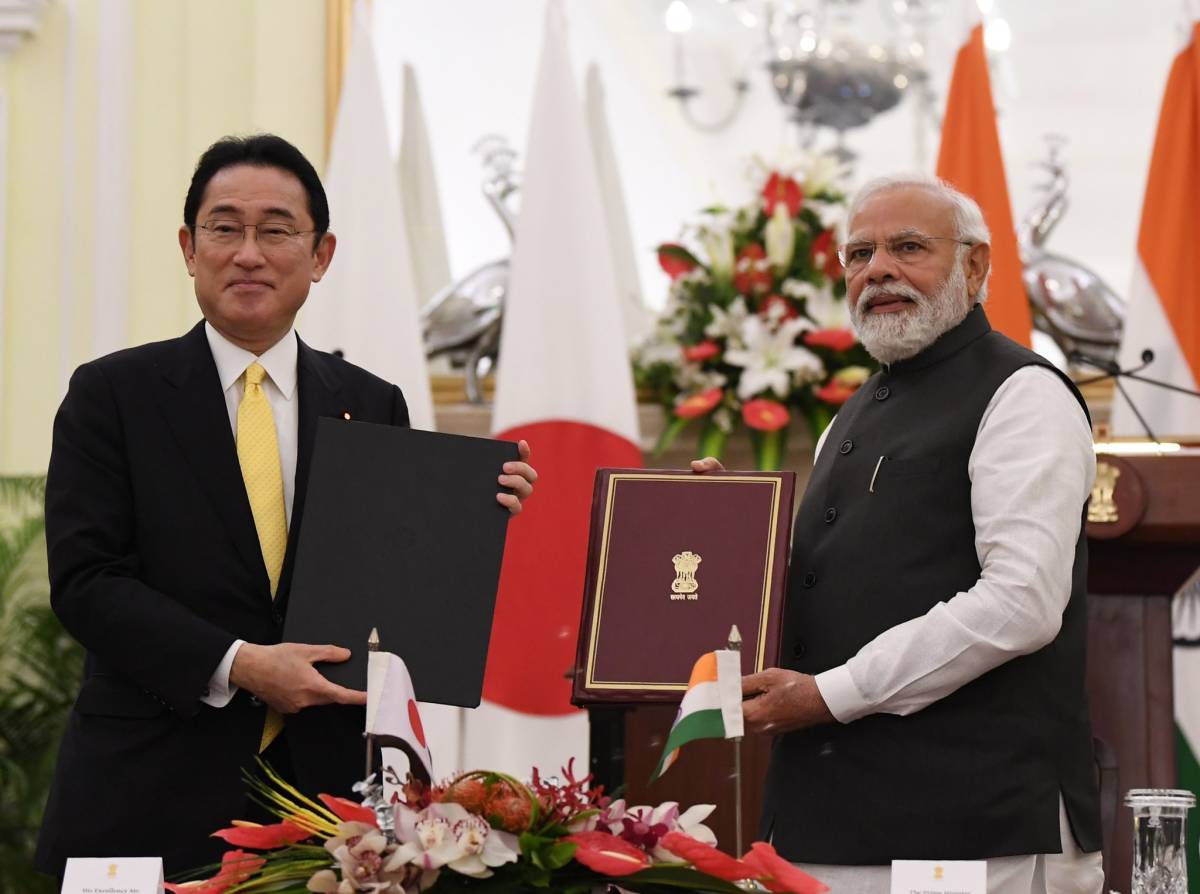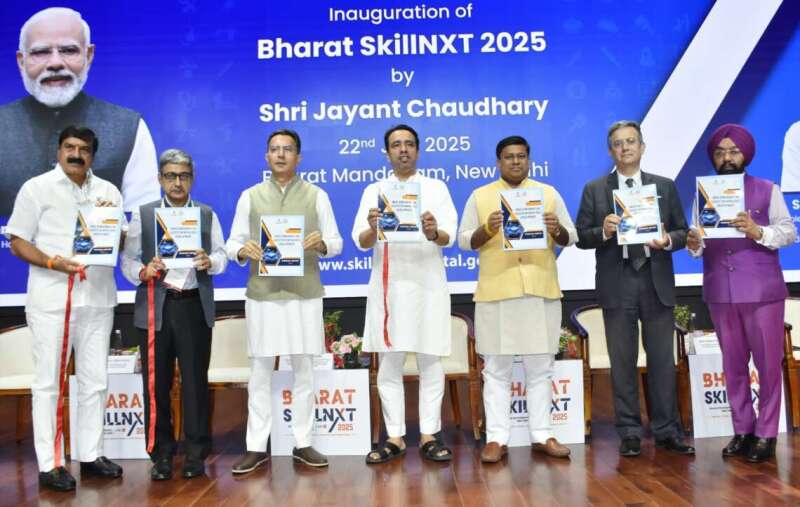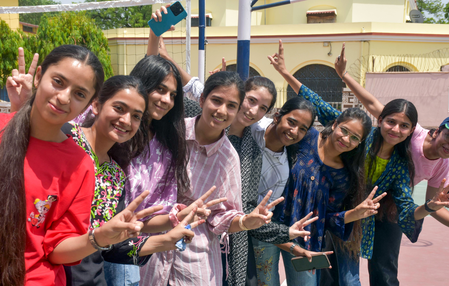CUET, a computerised exam, will be conducted in 13 languages: English, Hindi, Gujarati, Assamese, Bengali, Kannada, Malayalam, Marathi, Odia, Punjabi, Tamil, Telugu, and Urdu…reports Asian Lite News
All central universities will have to admit students to undergraduate courses based on the Common University Entrance Test (CUET) and not Class 12 marks, the University Grants Commission (UGC) said Monday. This rule will come into force from the upcoming academic year (2022-23).
UGC chairperson M. Jagadesh Kumar said it will be mandatory for the 45 central universities to adopt CUET for admission to their undergraduate courses. However, for postgraduate admissions, universities will have the flexibility to use CUET scores as of now.
The common test, CUET, for admissions to undergraduate and postgraduate courses, will be conducted in the first week of July by the National Test Agency (NTA).
Jagadesh Kumar said the decision will provide equal opportunities to students from the Northeast and rural India. “In addition to this, it will help parents of poor students as they will not have to pay for appearing for several entrance exams,” Kumar said in an online interaction with mediapersons.
However, he added that some skill-based courses will have practical components. The course for CUET will be basic concepts from the Class 12 CBSE syllabus. The guidelines for the exam will be shared with universities, he said.
CUET, a computerised exam, will be conducted in 13 languages: English, Hindi, Gujarati, Assamese, Bengali, Kannada, Malayalam, Marathi, Odia, Punjabi, Tamil, Telugu, and Urdu.
Meanwhile, UGC has exempted international students from CUET. For post-graduate programmes, though some varsities have joined the initiative, Kumar added that he hoped that all universities will ultimately make use of the test.
If any university reserves a certain percentage for local students or internal students, it will continue to do that, the UGC chief said.
“The only difference is that these students will also have to come through CUET, like students to be admitted to general seats. The reservation policies and ordinances of the universities will remain unchanged,” Kumar said.
For Ph.D. courses, he said National Entrance Test (NET) scores can be used by universities. However, those varsities that do not have NET can decide to either conduct their own entrance exam or hold interviews.
For skill-based and professional UG courses like theatre and music, universities will have to hold practical exams and include them as a part of the student’s final CUET score.
Explaining the structure of the exam, Kumar said it will be three-and-a-half hours long, and will be conducted in two phases. Candidates will be given multiple choices in every section to offer greater flexibility.
“All the questions in the entrance paper will be from Class 12 CBSE textbooks so students need to focus on the NCERT syllabus. Though there are different ways in which different boards explain similar concepts, therefore students will be given a choice on what they want,” Kumar said.
In Section 1, there will be 13 language subjects from which students can appear for any one language. In other sections, there will be 27 domain-specific subjects from which students can choose up to six. These include agriculture, anthropology, accounting, book-keeping, performing arts and Sanskrit, among others.
ALSO READ-Pandemic severely affected education system, says Minister









